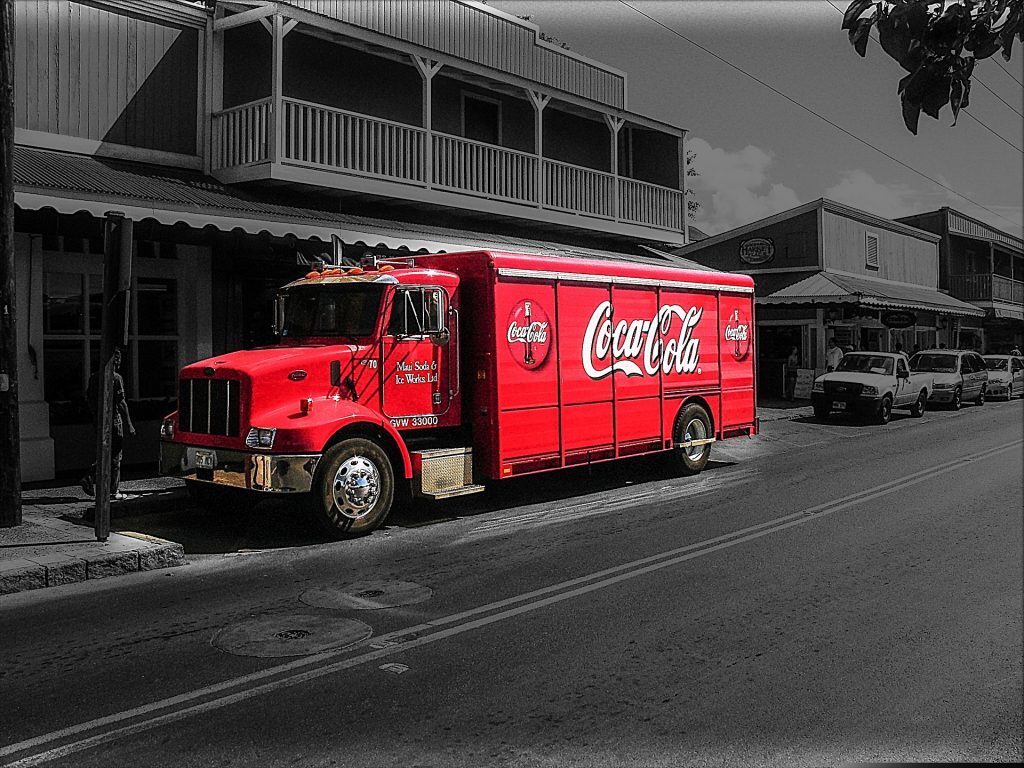Now is not a great time to be involved in advertising for social media companies as, spurring on by events in the States, large-scale advertisers have pulled their advertising budgets from the likes of Facebook, Twitter and YouTube, among other platforms.
The most recent entities to pause their ad spend are Coca-Cola and Starbucks, with Coca-Cola’s global boycott kicking off from 1 July and continuing for the entire month. Starbuck, citing the effects of hate speech on social media, has also paused its campaigns “…while we continue discussions internally, with our media partners and with civil rights organizations in the effort to stop the spread of hate speech.”
A long time coming
The campaigns form part of the #StopHateforProfit boycott, which has seen more than 90 advertisers pulling money from Facebook. The larger advertisers are taking a broader approach, rather than just taking aim at Facebook’s lax policies against hate speech. Unilever, on the other hand, has gone all in on the boycott, removing all of its advertising spend from social media until the end of the year.
Last week, the boycott sliced some $56 billion off Facebook’s value, as well as just over $7 billion from Mark Zuckerberg’s worth when stock prices dropped in response to the campaign.
Incidentally, Facebook has announced a few changes to how it’ll handle advertising and fact-checking during the upcoming American elections. Some of the changes, like banning false claims (of ICE agents checking for immigration papers, for instance) and deleting content posted by private users intended to intimidate people who might otherwise vote, are in line with what the boycott is calling for. Facebook will also take aim at general voter suppression campaigns, originating in the States and abroad.
The company has one more major thing in the works along the lines of policing hate-speech: limitations on ads during the US elections. “Specifically, we’re expanding our ads policy to prohibit claims that people from a specific race, ethnicity, national origin, religious affiliation, caste, sexual orientation, gender identity or immigration status are a threat to the physical safety, health or survival of others. We’re also expanding our policies to better protect immigrants, migrants, refugees and asylum seekers from ads suggesting these groups are inferior or expressing contempt, dismissal or disgust directed at them.”
Which, while an improvement for the company, don’t really address the claims that Facebook is making money from hate speech. If anything, this move is designed to limit claims that Facebook was detrimental to free and fair voting during the American’s last election — you know, the one where they elected the reality TV star?
